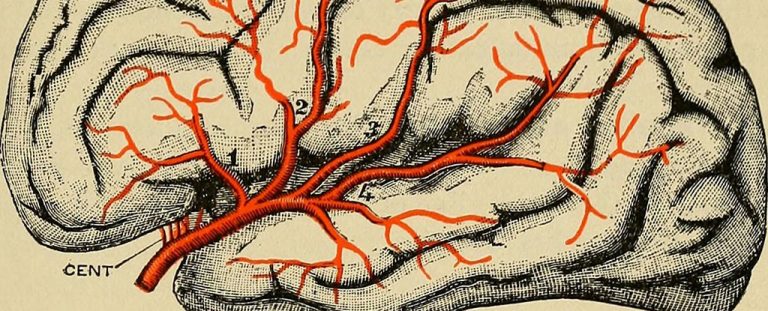Scientists have found more new evidence that Parkinson’s could start in the gut before spreading to the brain, observing lower rates of the disease in patients who had undergone a procedure called a truncal vagotomy.
The operation removes sections of the vagus nerve – which links the digestive tract with the brain – and over the course of a five-year study, patients who had this link completely removed were 40 percent less likely to develop Parkinson’s than those who hadn’t.
According to a team led by Bojing Liu from the Karolinska Instituet in Sweden, that’s a significant difference, and it backs up earlier work linking the development of the brain disease to something happening inside our bellies.
If we can understand more about how this link operates, we might be better able to stop it.
“These results provide preliminary evidence that Parkinson’s disease may start in the gut,” says Liu.
“Other evidence for this hypothesis is that people with Parkinson’s disease often have gastrointestinal problems such as constipation, that can start decades before they develop the disease.”
The vagus nerve helps control various unconscious processes like heart rate and digestion, and resecting parts of it in a vagotomy is usually done to remove an ulcer if the stomach is producing a dangerous level of acid.
more at sciencealert.com
Ask me anything
Explore related questions





